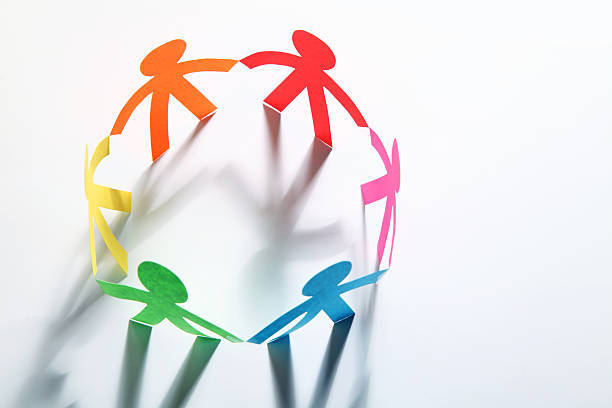Beyond COVID: Helping Your Preschooler with Their Social Skills

Thanks to the global COVID-19 pandemic, your preschooler may not have interacted with anyone outside your household…ever. They probably have not made any new friends, visited with extended family members, or even been to a restaurant, park, or grocery store. Which means that your child also hasn’t had much of an opportunity to learn some important social skills. They simply have not had the chance to work on that part of their development.
Now that COVID-19 restrictions are being lifted, your child’s world is getting bigger by the day. With them returning (or starting!) in-person preschool, and resuming (or establishing!) family routines, there are more opportunities for them to socialize. But how can you help your preschooler learn important social skills and be more comfortable around people they don’t know?
- Recognize that there may be a little separation anxiety. Your child may want to stick close to those they are familiar with, especially if they haven’t engaged with anyone other than your immediate family members. Introduce new social situations and people, by having a friend, babysitter, or neighbor visit with your child to “practice” socializing while you run an errand.
- When it comes to venturing outside your home, start small by taking a trip to the park, or grab a treat at your favorite store. Ease your child into meeting others by planning activities that are fun, and relatively low stress. Meeting new people and being in public doesn’t have to be overwhelming.
- Talk about where you and your preschooler are going, who they may see or meet, and what scenarios they might find themselves in. This is not a time for surprises. Going to the park? Explain how other children, adults, and even pets might be there too. Discuss, in a positive way, how meeting new people can be exciting.
- Make conversation easier for your child by preparing an icebreaker list. Think of questions they may be asked, and possible responses. The list could include ways to introduce themselves, and responses to how they are doing, how old they are, and if they go to school. Try role-playing the scenarios at home before going out to make your child is at-ease.
- Leave your expectations at the door, knowing that there are going to be some bumps in the road. Be prepared to help soothe your child’s anxiety, or even bruised feelings, if the situation doesn’t go so well. Keep in mind that interacting with others is a skill that continually needs honing. No one ever perfects it…at any age!
- Watch for stress, but be careful with assumptions. Communicate with your child about their comfort level, but try not to jump to conclusions. Asking probing questions can shed a light on situations that may not be what they seem. Kids are incredibly resilient and sometimes parents allow their concerns to overshadow the reality of the situation.
- When in doubt, talk to your child’s doctor, or preschool providers. Together as a team you can help your child work through some of the inevitable social situations that they will face.
By having a positive outlook, and following your child’s cues, you can introduce or re-introduce them to society at a rate that feels comfortable for you both. Before you know it, your child will be confidently engaging with the world around them, and building important social skills.

